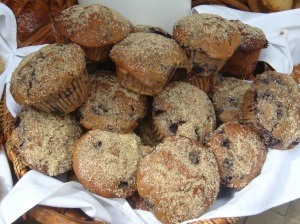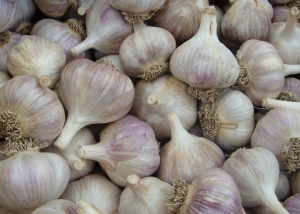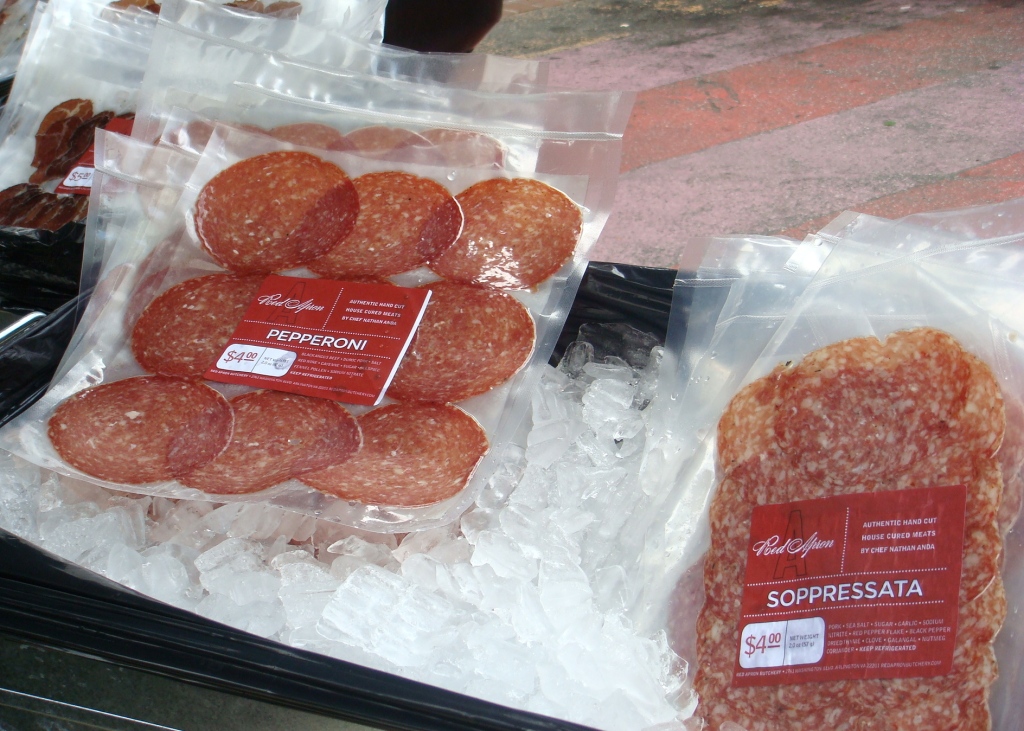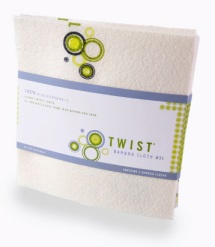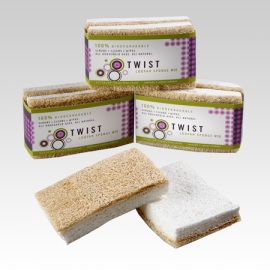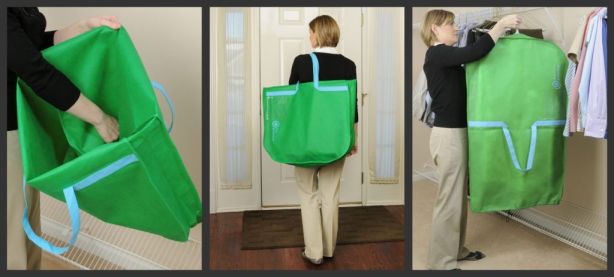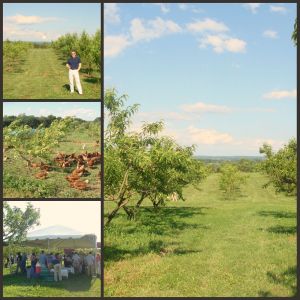A few weeks ago I read an article in the New York Times that made me hopeful. Some, mostly small, colleges have enacted a small change that could ultimately lead to big results both for the environment and (maybe) for the future generation’s awareness of their impact on the environment: how a small change can help themselves and the environment simultaneously.
This quote from the article provides a good summary:
“The Sustainable Endowments Institute, a research organization that tracks environmental practices at the 300 colleges and universities with the largest endowments, said that 126 of them had curtailed use of trays, some of them banishing trays only from certain dining halls, and some introducing, for example, “trayless Tuesdays.” Such moves are often part of a larger push to embrace environmentalism that includes hiring sustainability coordinators, introducing solar panels, composting dining-hall waste and encouraging students to turn off lights with catchy sayings like “Do It in the Dark.”
This trayless policy, as the article goes on to say, saves gallons of water (from washing trays), money (due to less food waste) and students’ figures/waste lines (and self esteem? Perhaps a stretch!). Going trayless means that students must put the food they’re interested in one plate, instead of grabbing everything they may want to eat and putting it all on one tray (guilty!). This forces the student to think about what they’re eating instead of mindlessly taking anything and everything. It also helps curtail a student’s desire for unnecessary seconds. A negative of this is that lines *may* be longer, but honestly I would say in most dining halls that effect is minimal (as the lines are already long!).
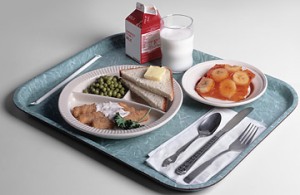
Working in an elementary school has reminded me of how much waste exists in everyday life. It’s too disheartening to really wrap one’s mind around for too long a stretch of time because then the mind just multiplies all the waste seen in one elementary school to all other elementary schools in the district, to middle schools, to high schools, to the tri-state area (ETC…). And then it’s easy to use those thoughts as a jumping off point for almost any business!
Besides the ‘obligatory’ paperwaste that is bound to happen, especially with old technology floating around, the food waste and every waste associated with the cafeteria is really mind boggling. The students at my school all have styrofoam trays: styrofoam–aka that tray won’t decompose for 2 billion years (slight exaggeration)! I also usually see about half the food end up in the trashcan, and don’t get me started on the plastic bottles that have one sip taken out of them and then are chucked.
Certainly what colleges are doing with plastic trays is not feasible in an elementary school setting. Most kids can barely balance their milk with their slice of pizza, much less have everything on one plate. But reading the article made me hopeful that when these students move on to higher education, there might be even more environmentally friendly policies in place.

